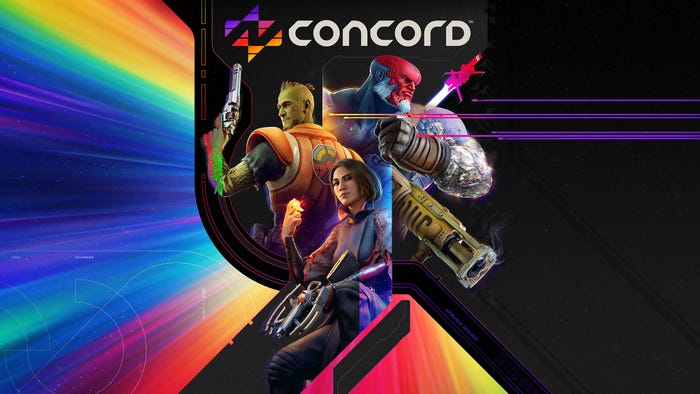Analyst: Xbox 360 'Clearly On The Downside Of Its Lifecycle'
Despite Kinect and "some good years left," Xbox 360 is "on the downside of its lifecycle," and Microsoft is hindered by its lack of understanding of the entertainment business, says one analyst.

Microsoft's Xbox 360 remains a strong player in the current console generation with strong third-party support, over 40 million units sold, a new recently-launched hardware revision and lots of buzz around the Kinect body- and voice-recognizing peripheral. But despite its efforts to move beyond its core gamer demographic, Microsoft will struggle to make its console relevant to the mass market, as the Xbox 360 moves into its fifth year, according to one analyst. "In terms of changing the overall video game hardware platform market share we see [Kinect] having a negligible impact," explained DFC Intelligence in a monthly brief. "The Xbox 360 has some good years left, but the platform is clearly on the downside of its lifecycle." DFC brought up a number of hurdles that Microsoft faces going forward with the Kinect, from a "lack of complex control options" (not a big issue for the target casual audience, DFC noted) to the broader theory that Microsoft, with its roots in business software, is not well-equipped to take the Xbox 360 business to the mass market level. DFC said that Microsoft's strategy appears to be to take the most popular, commercially-proven casual-friendly genres -- virtual pets, dancing games, fitness games -- and put them on Kinect. "There are numerous problems with this approach, but the biggest problem is Microsoft, at its core, is simply not an entertainment company," DFC said. "Almost every time Microsoft has tried to emulate successful entertainment products they have failed. ... [with the exception of] PC gaming prior to the Xbox and then the Xbox platform itself." DFC noted how the Zune failed to overtake the iPod in the media player category and the purchase of formerly Nintendo-exclusive Rare failed to bring the wider Nintendo demographic to Xbox 360. Rare's Viva Pinata, despite a TV and merchandising deal, didn't gain traction as a successful property. "In its business software, Microsoft has been successful in analyzing what works for users of other products and incrementally incorporating those features into Microsoft products," DFC said. "The problem is developing hit entertainment products simply does not follow that model." "...Microsoft is putting almost all its eggs into the Kinect as a way to appeal to the 'casual' consumer and expand its user base," explained DFC. "... Unfortunately, based on what we have seen, DFC continues to feel that Microsoft is going to struggle to expand beyond its core audience." DFC also said that while Xbox 360 and Wii will continue a downward sales trend in the years ahead, PlayStation 3 will see a "pickup in sales" this year and in 2011. Despite an expected year-on-year sales decline, DFC expects Wii to still have the highest overall sales. The hurdle for Nintendo, Sony and Microsoft at this point in the lifecycle is how to push through console mid-life, and make up for the costs incurred from massive amounts of investment in their respective platforms. "Products like Kinect and PlayStation Move are an attempt to get around this dilemma. Unfortunately, we think they are at best a temporary attempt to tackle a much larger strategic issue," DFC said.
Read more about:
2010About the Author
You May Also Like








.png?width=700&auto=webp&quality=80&disable=upscale)
.png?width=700&auto=webp&quality=80&disable=upscale)